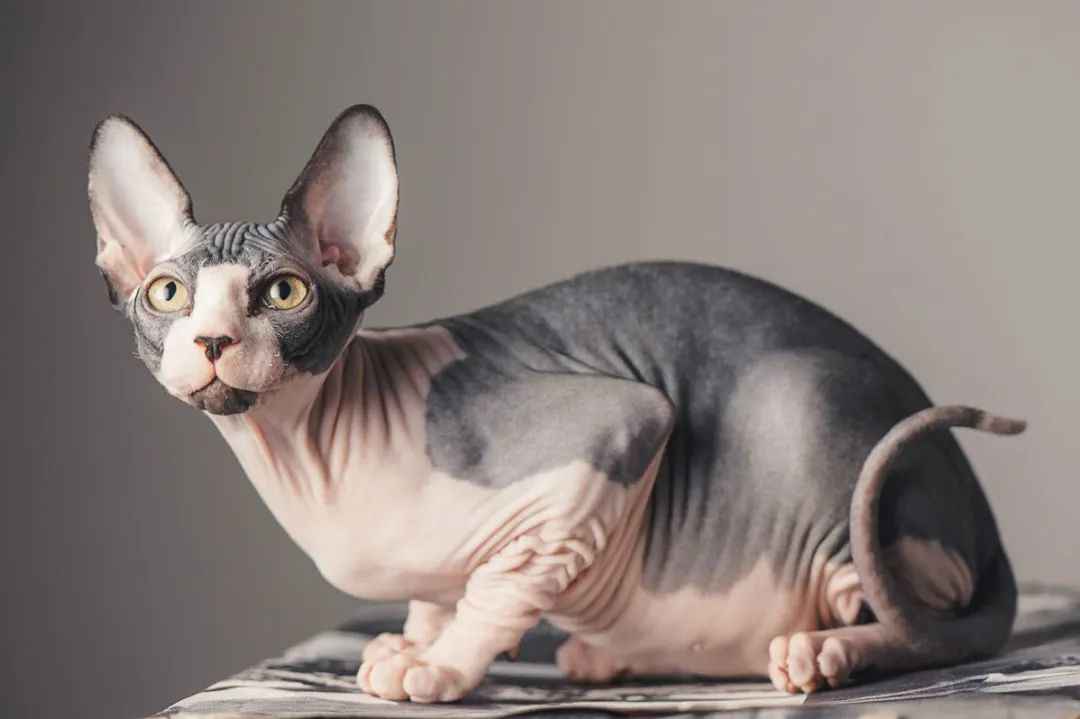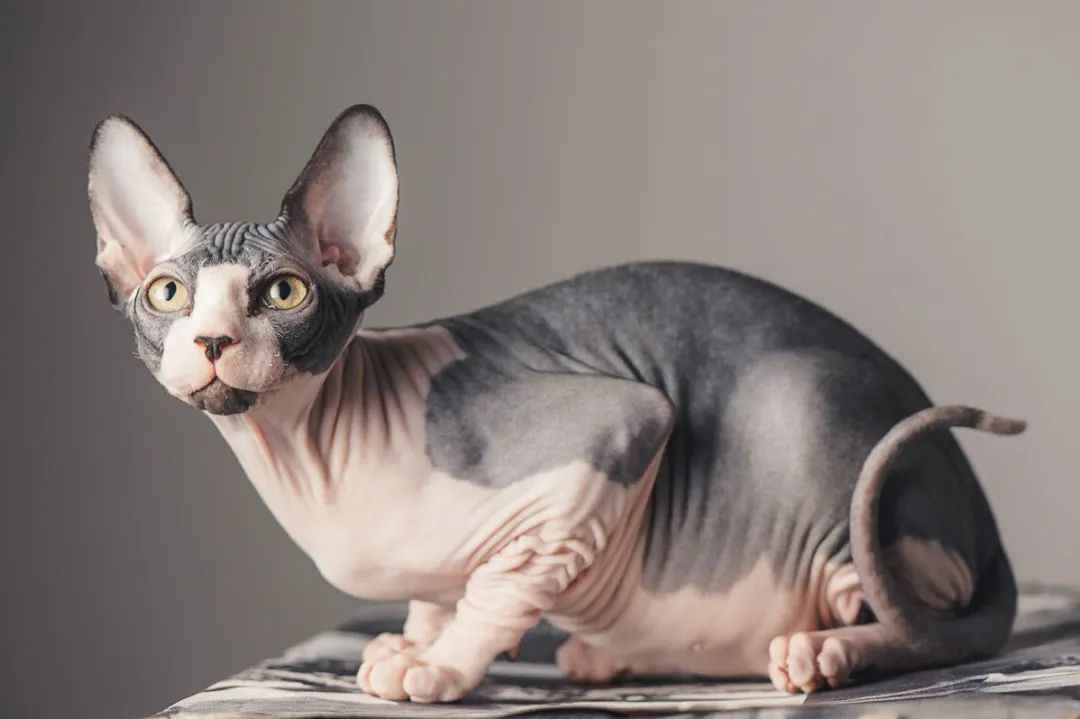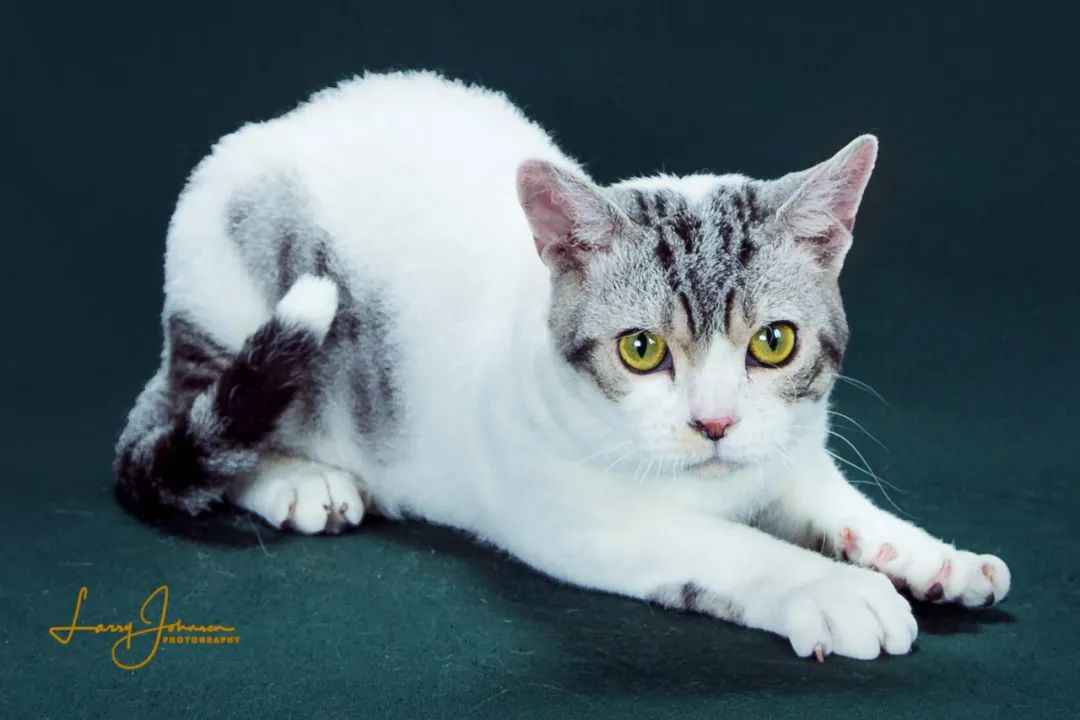
The Sphynx cat, often dubbed the "naked feline," has become a sensation worldwide for its striking appearance and affectionate demeanor. Originating from a natural genetic mutation in Canada in the 1960s, these hairless cats have defied conventional beauty standards to carve a unique niche in the hearts of pet enthusiasts. Despite their alien-like features, Sphynxes are celebrated for their warmth and sociability, making them one of the most sought-after breeds today
The breed’s story began in 1966 when a hairless kitten named Prune was born in Ontario, Canada. Breeders recognized the mutation’s potential and began selectively breeding Sphynxes, incorporating Devon Rex cats to refine their traits. By 2002, the International Cat Association (TICA) officially recognized the Sphynx, solidifying its status as a legitimate breed. Contrary to popular belief, Sphynxes are not entirely hairless; they sport a fine, downy coat that feels like suede, offering minimal protection against the sun and cold 313.
Beneath their unusual exterior lies a surprisingly dog-like personality. Sphynx cats are renowned for their loyalty and playful antics, often following their owners around like devoted companions. "They’re incredibly social and thrive on human interaction," says Australian owner Claire Spencer, who waited eight months to adopt her Sphynx, Austin. "People initially think he’s strange, but once they meet him, they’re charmed by his affectionate nature" 1.
Source: Images from the Internet, if there is any infringement, please contact the removal of
While Sphynxes captivate with their charm, they demand meticulous care. Their hairless skin is prone to sunburn, acne, and infections, requiring weekly baths and sunscreen during outdoor exposure 313. They also face genetic predispositions to health issues like hypertrophic cardiomyopathy (a heart condition) and periodontal disease. Despite these challenges, responsible breeders prioritize health screenings to mitigate risks 713.
Diet-wise, Sphynxes need high-energy, protein-rich meals to sustain their fast metabolism. Veterinarians recommend avoiding plant-based fillers and opting for formulas with omega fatty acids to support skin health 12.
The Sphynx’s popularity has surged, with waiting lists spanning months in countries like Australia and the UK. In Australia, prospective owners must undergo rigorous interviews to ensure they can meet the breed’s specialized needs 1. However, critics argue that selective breeding for extreme traits—such as the "Bully Cat," a Sphynx-Munchkin hybrid—raises ethical concerns. These cats face even shorter lifespans (as low as 6.7 years) due to compounded health issues 10.
The Sphynx cat’s journey from a genetic anomaly to a global icon reflects humanity’s fascination with the unconventional. While their care demands dedication, their intelligence and companionship make them rewarding pets for those willing to embrace their uniqueness. As one breeder notes, "They’re not just cats—they’re conversation starters and devoted family members." For now, the Sphynx continues to defy expectations, proving that true beauty lies in authenticity






